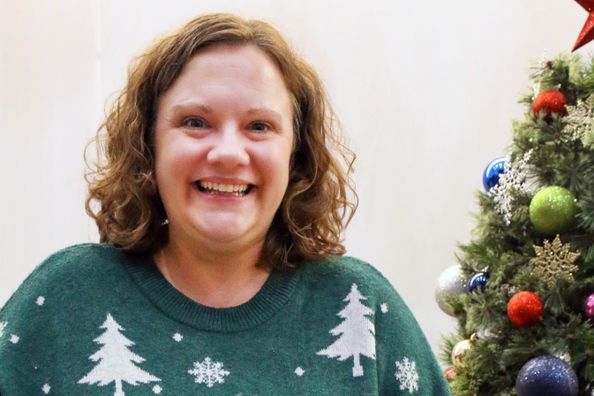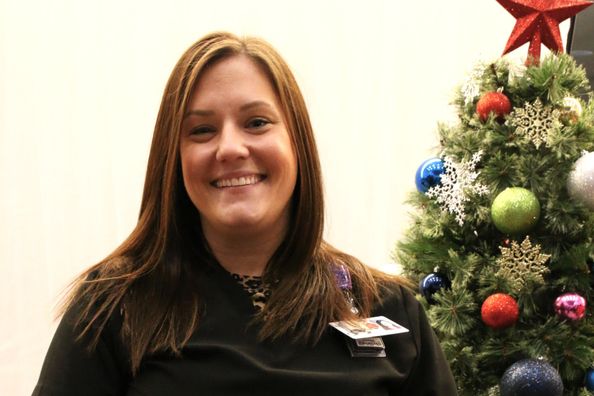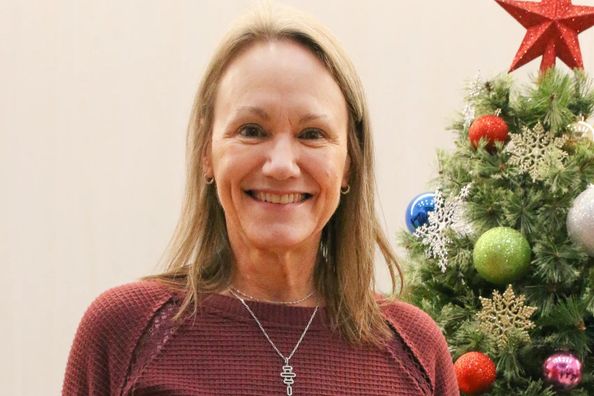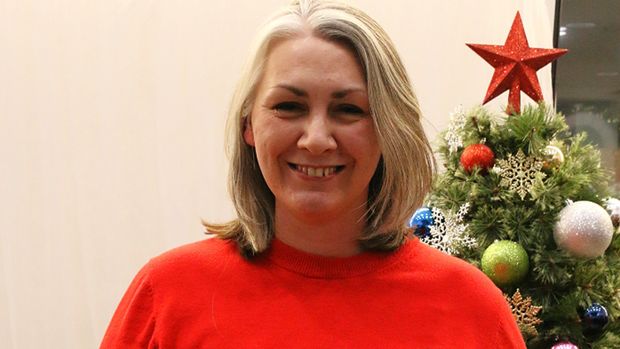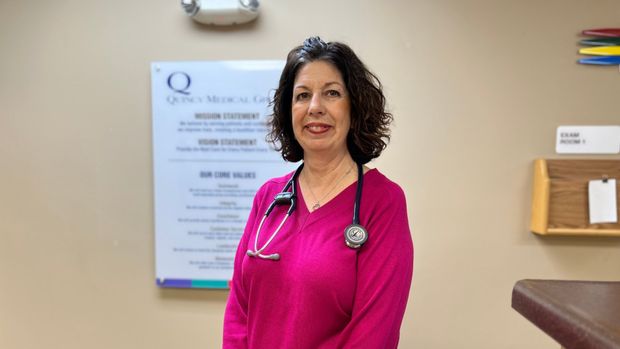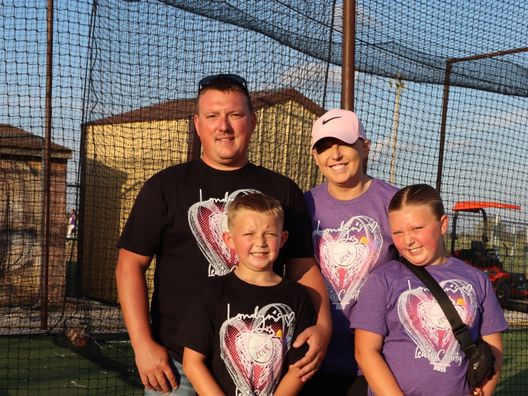For Dr. Kurt Leimbach, Internal Medicine physician at Quincy Medical Group (QMG), the topic of mental health is an ongoing conversation among his family. His personal experience has led him to share his story in hopes of helping other families just like his.
Several members of the Leimbach family have been impacted by obsessive compulsive disorder, or OCD. OCD features a pattern of unwanted thoughts and fears (obsessions) that lead one to do repetitive behaviors (compulsions). These obsessions and compulsions can interfere with daily activities.
“On my mom’s side of the family, she’s one of eight kids, they all had OCD. I’m one of five kids, and I think probably all five of us have OCD to some extent,” Dr. Leimbach shared.
Dr. Leimbach and his wife, Jan, have three grown daughters — Kathryn, Diane, and Susan. They began to notice signs of the disorder in their oldest daughter, Kathryn at 10 years old. The age of 10, Dr. Leimbach shared, is the average age for the onset of OCD.
“When she was in fourth grade, my wife and I noticed something was going on, but she didn’t tell us. When she was in fifth grade, we saw, again, that something wasn’t quite right. We asked her and talked to her about what was going on. She would say, ‘I’m okay,’ because she doesn’t know that what she’s feeling isn’t normal because no one’s talked to her about what’s normal,” he said.
The family kept the conversation going and supported their daughter. When sixth grade came, her symptoms were more pronounced, and she opened up about some of her thoughts and behaviors.
“It was clear that she was just really struggling. When we finally asked her, ‘What’s been going on for these last couple years?’ She expressed she was experiencing excessive worry, specifically regarding the health and safety of our family, and an excessive counting,” he shared.
Other symptoms manifested as frequent handwashing and worrying. Some of those worries were illogical, which Dr. Leimbach said is commonly associated with OCD.
“She also thought that if she looked at somebody she might make them sick. She didn’t seem worried about getting sick all the time herself, but more about others getting sick,” Dr. Leimbach said.
Throughout all of this, Kathryn continued to do well academically, but her mental struggles became overwhelming. The Leimbachs sought the help of a counselor, and she started on medication to help her deal with her ongoing symptoms.
“We got her into counseling and she told us ‘that helped some,’ but to quote her, she said, ‘I needed the medicine to quiet my brain before I could listen to counseling,’” he said.
“Her mind was so revved up with her anxieties and her fears. Once she started medication, she said it was just like night and day. She said she could then listen to what the counselors were saying. I thought that was so insightful on her part.”
Dr. Leimbach said every individual and every experience is unique, so finding the right support is important. Beyond counseling and medication, Jan implemented another helpful tool at home — a “worry journal.”
“Jan had this idea that they would write down everything she’s worried about in this journal. Then we would both show her that even though she was worried about these things, nothing bad happened,” he said.
The Leimbachs began watching for signs in their younger two daughters. Their second daughter, Diane, didn’t show signs of OCD, but they did notice signs in their third daughter, Susan, who is eight years younger than Kathryn.
“We started watching her like a hawk, and sure enough, we’re on a vacation out to the Pacific Northwest. She’s like five years old at this point. We’re at a Denny’s having dinner and getting ready to come home,” he shared. “We’ve been out there for two weeks, and all of a sudden she just gets really anxious. And she’s saying, ‘There’s something in my throat.’ We didn’t know what it was unless it was sinus drainage or acid reflux, but it just sent her over the edge. We were then like, ‘Okay, this is the first symptom.’”
Susan also started on medication and began counseling. Just like her older sister, the change she felt was like night and day. Her most overwhelming worry was a fear of eating in public.
“She was afraid about getting sick, but she didn’t actually care about getting sick. She didn’t want to cause a scene if she got sick and she didn’t want to disrupt other people’s enjoyment of a meal if she got sick,” Dr. Leimbach shared.
The Leimbach family has been open about their story and experiences with OCD. Dr. Leimbach emphasized that listening to kids is incredibly important in order to ensure parents can catch early signs of potential struggles.
“Kids do have self-awareness. Just because they have anxiety, OCD, depression, or whatever, it doesn’t mean they don’t have self-awareness of what is real and what is not. It’s just that the anxiety might intrude upon what is real, and so, again, don’t ignore when they complain of something that’s plausible,” he said. “We tell parents, please don’t ignore these kids because they are miserable and they don’t know why they’re miserable.”
For other families who may see the Leimbach family’s experiences in their children, Dr. Leimbach wants them to know they’re not alone.
“I would say if you talk to people, even just friends, you’re going to find out that your friends know at least one person who can identify with this. It is so prevalent,” he said. “One in 200 kids have OCD, full-blown, OCD, anxiety, and depression. So, with one in 200, odds are, somebody at school has similar experiences.”
Today, Kathryn, Diane, and Susan are all successful adults who went on to college, earned post-graduate degrees, and now have successful careers and families of their own.
If you or someone you know have concerns regarding your mental health, a good place to turn for help is to your primary care provider, who can help point you to the right resources. For more information on Primary Care and Behavioral Health services at QMG, visit quincymedgroup.com.
Health Topics:


